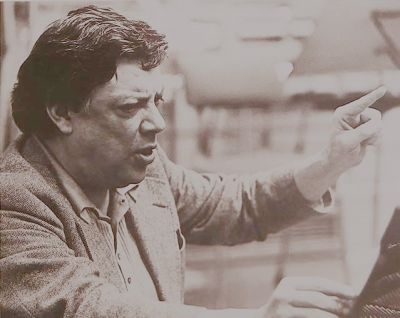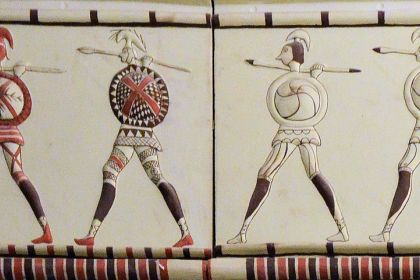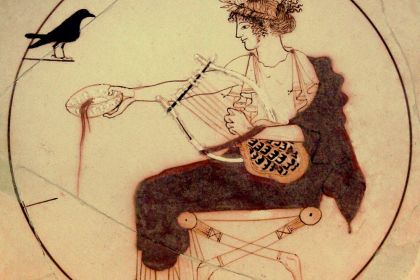ORCHESTRA
Сontemporary orchestration of early Italian music by Bruno Maderna

Bruno Maderna
Bruno Maderna was an outstanding Italian conductor and composer whose music was mostly associated with avant-garde and modernist movements of the 20th century. Working in many genres of classical music as well as composing film scores and writing jazz arrangements, he primarily focused on new compositional techniques such as neoclassicism, expressionism, and the twelve-tone method of the Second Viennese School.
Among Maderna's works, his transcriptions of Italian music of the Renaissance and early Baroque periods deserve special attention, given that the composer used contemporary instrumental resources to discover a new meaning behind the works of old masters.
It is believed that Bruno Maderna's career began in the 1920s when, at the age of seven, he began playing the first violin while also conducting his father's small variety band. Maderna was orphaned at an early age but fortunately was adopted by a wealthy woman who provided the young genius with a very prestigious musical education, including the Rome Conservatory, the Benedetto Marcello Conservatory, and the Accademia Chigiana in Siena.
Listen to Bruno Maderna's transcription of Giovanni Gabrieli's Canzone a Tre Cori performed by Renato Rivolta with Orchestra della Svizzera Italiana:
While still a teenager, Maderna conducted La Scala in Milan and later performed with various orchestras in Trieste, Venice, Padua, and Verona. The rapid take-off of his career was prevented by the Second World War during which the composer joined the partisan resistance but was captured and imprisoned in a concentration camp.
Listen to Bruno Maderna's transcription of Lodovico Grossi da Viadana's Le Sinfonie performed by Renato Rivolta with Orchestra della Svizzera Italiana:
After the war, it was time for Maderna to be internationally recognized as a conductor when he gained popularity by intensively performing with various orchestras throughout Europe and the US. During that time, the composer also created most of his arrangements of Italian early music in which he rejected the historical identity of the performance, believing that great works of art can be removed from their original context to obtain a new aesthetic.
Listen to Bruno Maderna's transcription of Giovanni Legrenzi's La Basadonna performed by Dennis Russell Davies with Orchestra della Svizzera Italiana:
As a conductor, Madena recorded about 50 performances to represent masterpieces of all musical eras, although most of these recordings contain music of his progressive contemporaries including Arnold Schoenberg, Anton Webern, Pierre Boulez, and Edgard Varèse.
Bruno Maderna died of cancer at the age of 53 in 1973.



